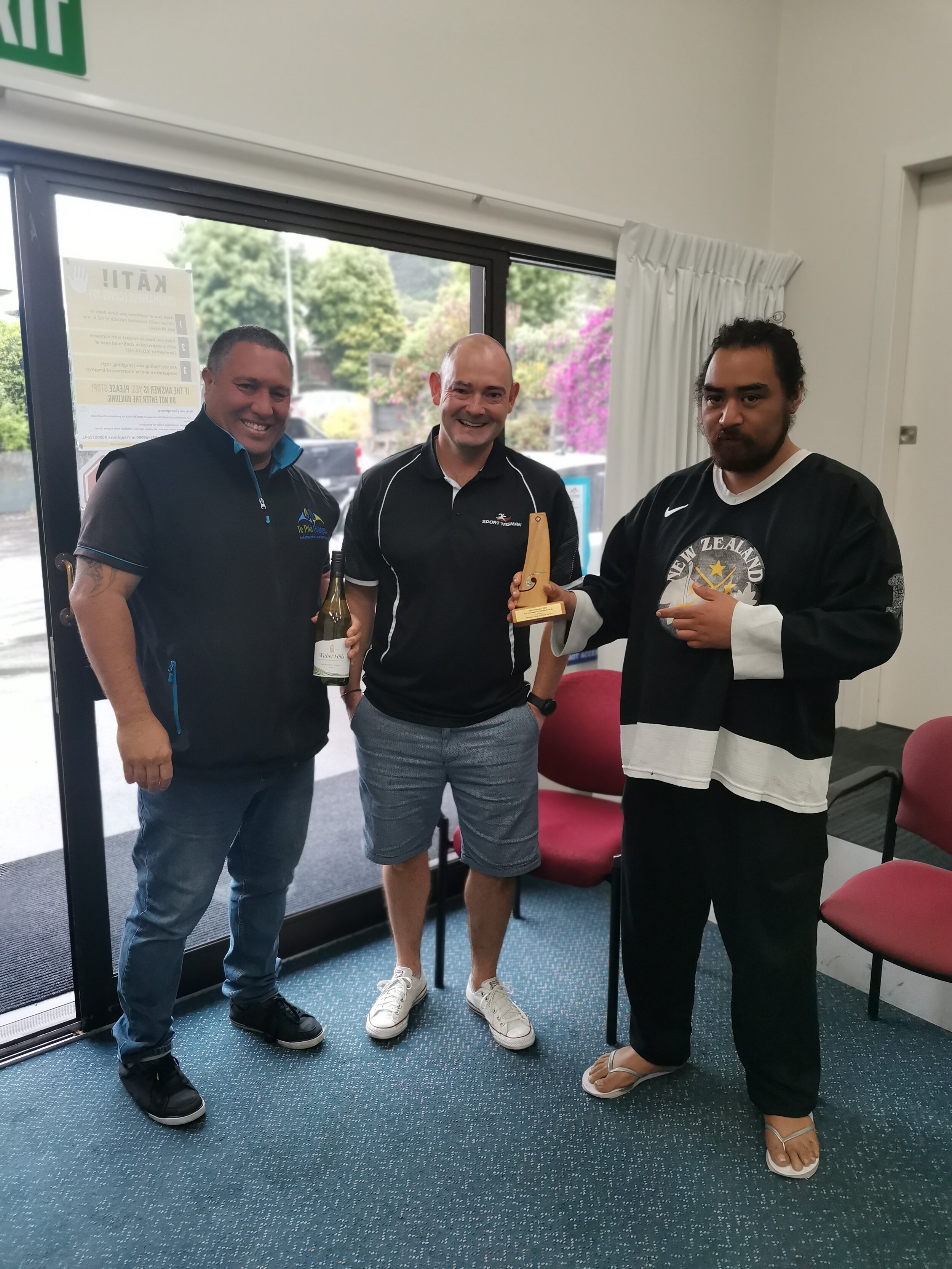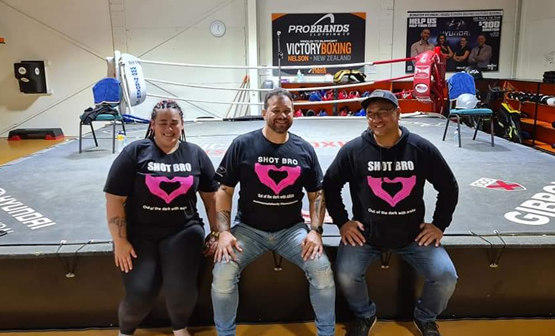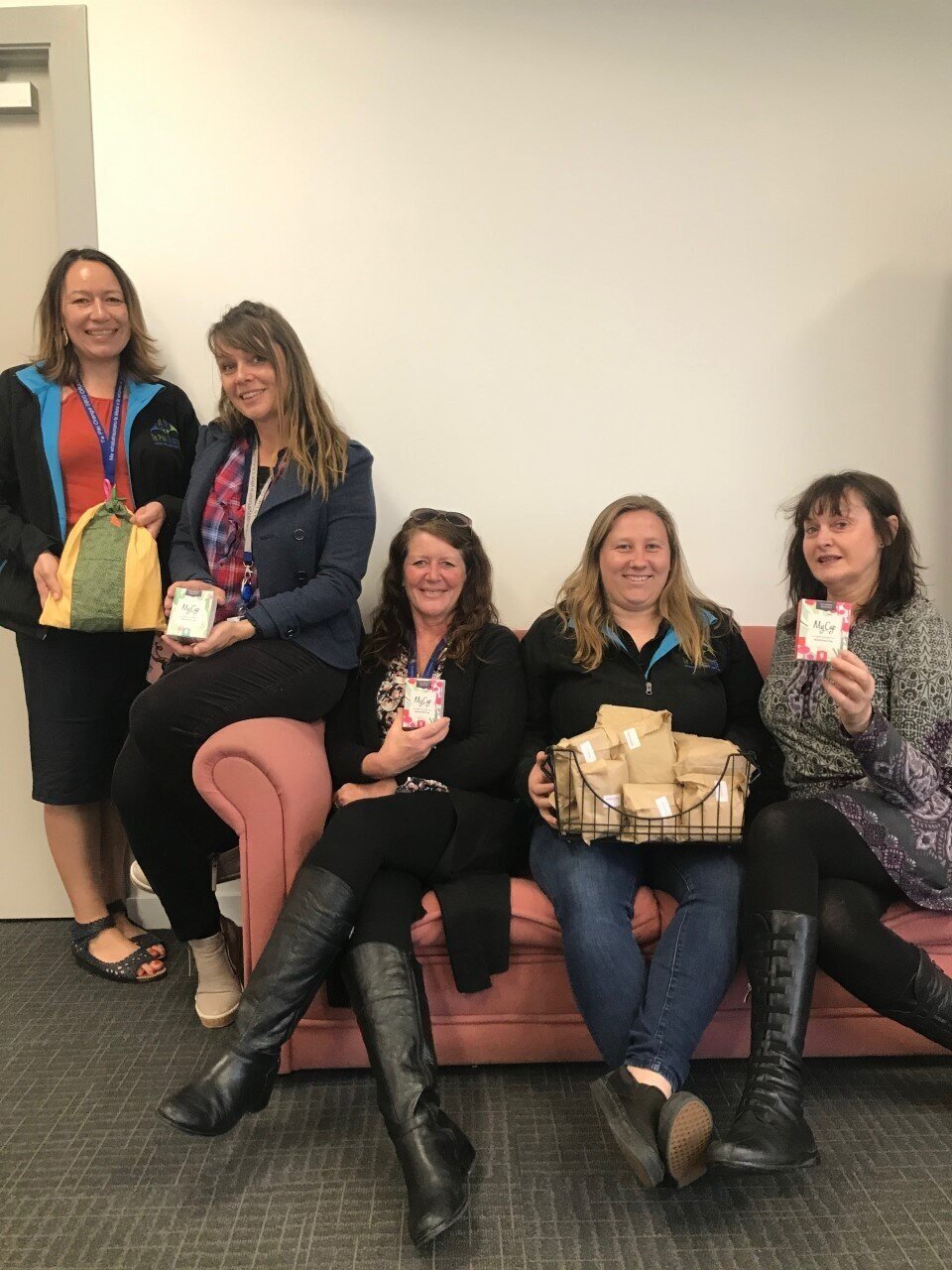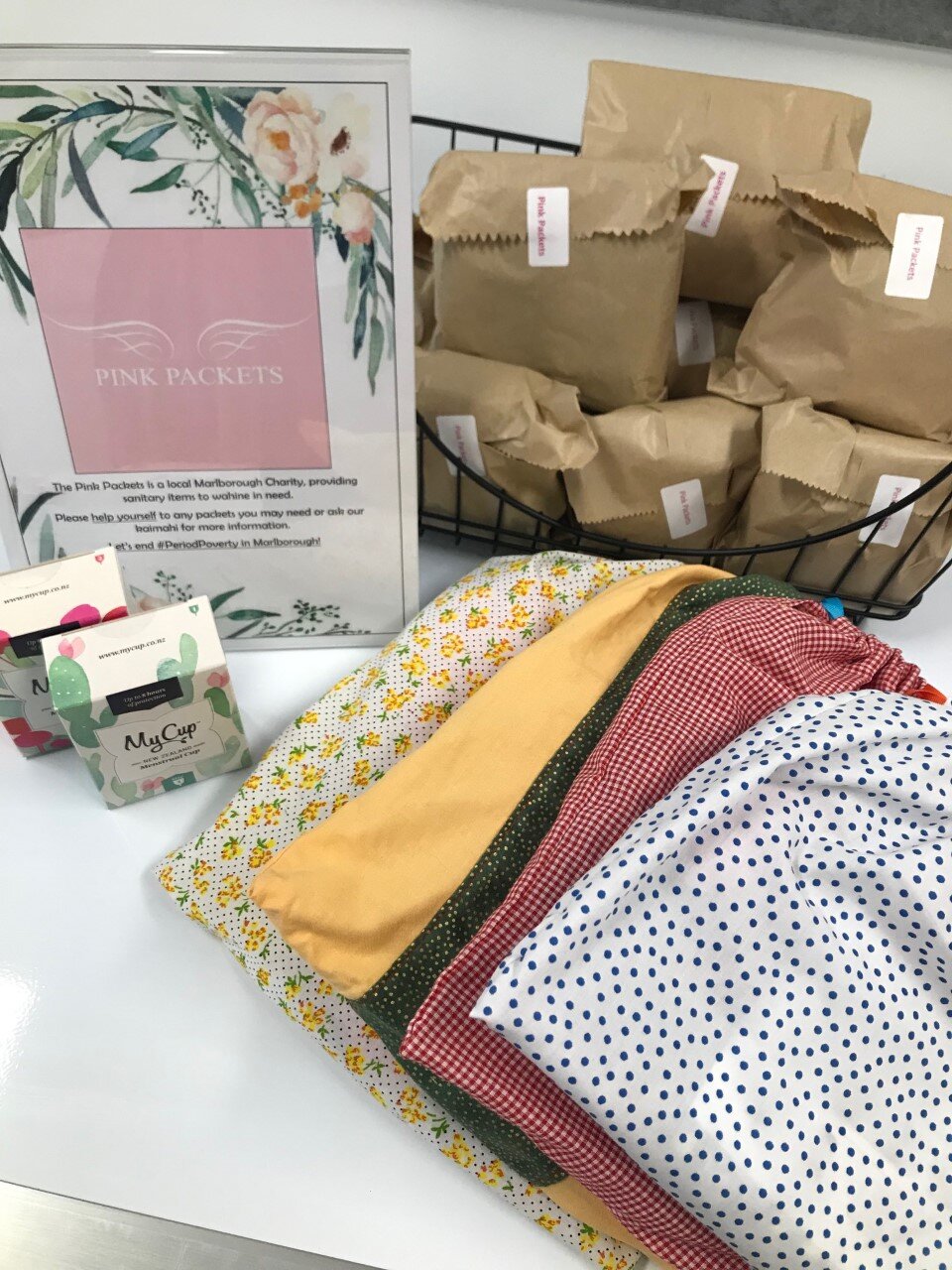Whāia te iti kahurangi ki te tūohu koe me he maunga teitei
Te Ropu Tane Kotahi Rau recently won the Stuff ‘Time to Shine Award’, one of six ASB Homegrown Heroes Awards. The ‘Time to Shine Award’ celebrates initiatives that have made a positive impact in the lives of a specific group in the community, in this case a group of tane living in Whakatū.
Underpinned by a te ao Māori approach, Te Ropu Tane Kotahi Rau kicked off in September 2019 and, since then, the men who participated have improved their physical fitness, quit or reduced smoking, made healthier food choices, lost weight and addressed other individual health needs. They’ve also strengthened their kotahitanga (togetherness), taha tinana (personal identity) and mana.
Back in the early days of the programme, the tane all weighed more than 100kg and had secondary health issues as a result, but other challenges facing them included homelessness, criminal records, addiction and poor mental health.
Equipped with a new pair of cross trainers and hoodie, the tane—who whakapapa to Ngā Puhi, Tūwharetoa, Ngāti Koata, Ngāi Tahu and the Cook Islands—partipated in activities every Thursday for 16 weeks.
Each session started with a karakia and acknowledgement of Atua, to engage with their own wairua and support each other’s mana.
Te Piki Oranga and Te Waka Hauora Māori Mental Health provided awhi, and funding was obtained to pay for the exercise gear and kai for the men, with picnic lunches, BBQs or a Nikau House meal following each session.
During the 16 weeks, the tane explored Te Tauihu’s great outdoors, tackling tracks at the Centre of New Zealand, the Abel Tasman, the Grampians, Tahunanui Beach, Rabbit Island and Days Track, over the Tahunanui Hills. The men also used the outdoor gyms at Tahuna Beach, Saxton Park and Riverside Pool, along with mau rākau (traditional Māori weapons) to mix up the cardio sessions.
In November 2019, the tane successfully participated in the Nelson Half Marathon for the first time, then celebrated the end of the first year of Te Ropu Tane Kotahi Rau with a Te Piki Oranga health check, formal graduation and hangi at Victory Community Centre with whānau and friends.
A way to tautoko the waka
The programme’s success led to its extension into 2020, to offer continued support to the tane; a way to ‘tautoko the waka’ on which they were still travelling. Despite the challenges resulting from the Covid-19 pandemic, several tane participated in the Half Marathon again last November, beating their 2019 lap times, while others played in the 2020 Nelson Touch tournament or joined a Seido Karate club.
The whāinga (purpose) extended beyond the pursuit of whairoa (wellness) and it has proved successful in other ways.
‘Te Ropu Tane Kotahi Rau is built on the importance of kotahitanga and the belief that, on their own and as a collective, “mana motuhake” whānau can govern themselves to achieve positive outcomes,’ says John Harris. ‘It wasn’t just about hauora (health).’
For example, Te Ropu Tane Kotahi Rau supported one of the tane, Daniel Timms, to lead a successful campaign against the restructure of Nikau House. He hand-delivered a 4,500 signature-strong petition to then Nelson MP Nick Smith at Parliament House in July. As a result, the District Health Board announced in August that Nikau House would not only stay open, but that they planned to expand its resources and increase its accessibility.
Te Ropu Tane Kotahi Rau is a one-of-a-kind programme in Te Tauihu but wouldn’t have succeeded without the support of many other agencies and organisations including Nikau House, Nelson City Council, Devine Fitness, Saxton Field Sports Complex, Whakatū Marae, Fish and Loaves, The White House and many more who have contributed to the wellbeing of the tangata whaiora.
A similar programme for wāhine will start in October this year.



















![Rangatahi[1904].jpg](https://images.squarespace-cdn.com/content/v1/574e33fa59827e36a2d12220/1605827089316-F0AC8F3OWYS1NLTTPOZI/Rangatahi%5B1904%5D.jpg)
![20200916_184623 Wairau basketball team[1906].jpg](https://images.squarespace-cdn.com/content/v1/574e33fa59827e36a2d12220/1605826511425-KYKBD7W38SEWYJCPFOEF/20200916_184623+Wairau+basketball+team%5B1906%5D.jpg)





